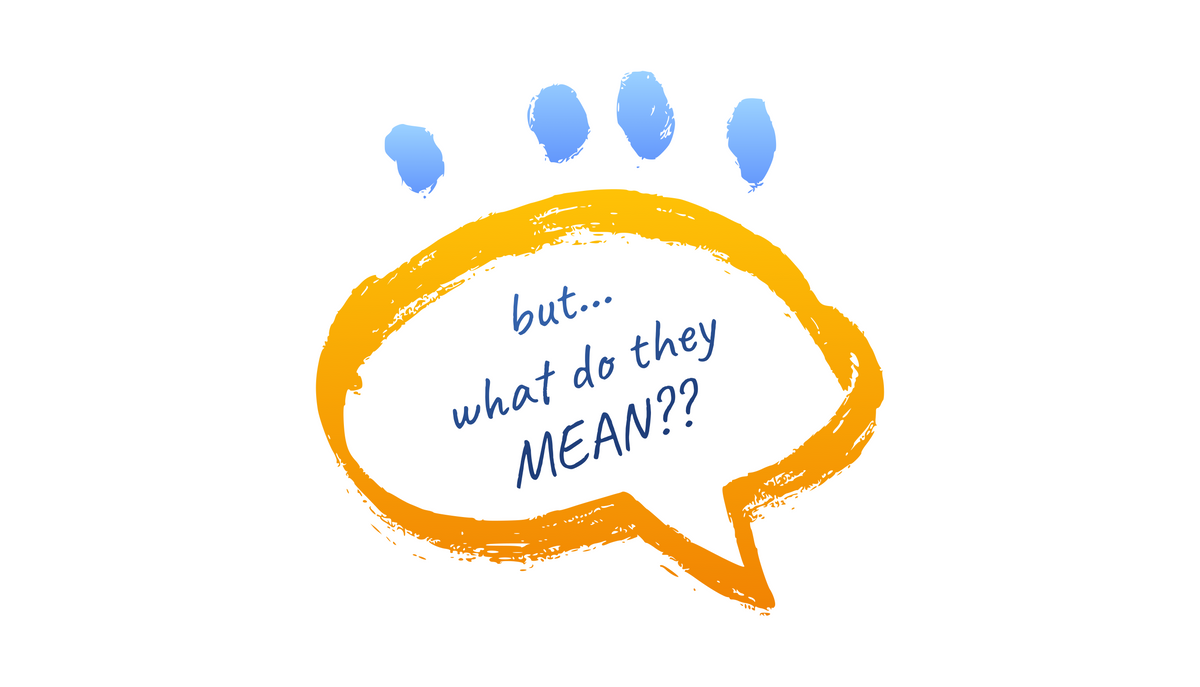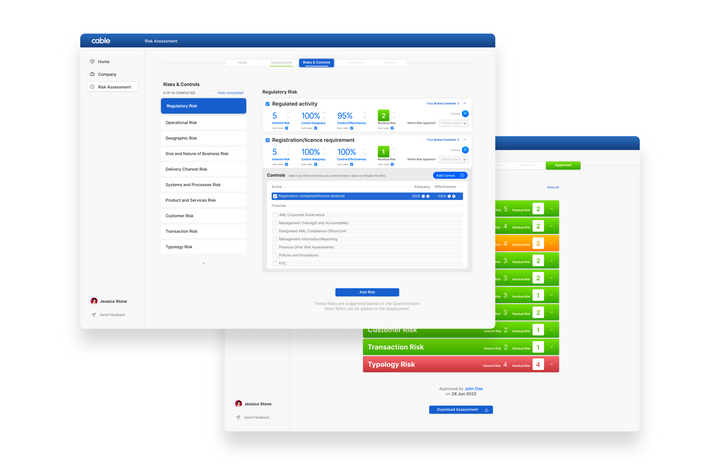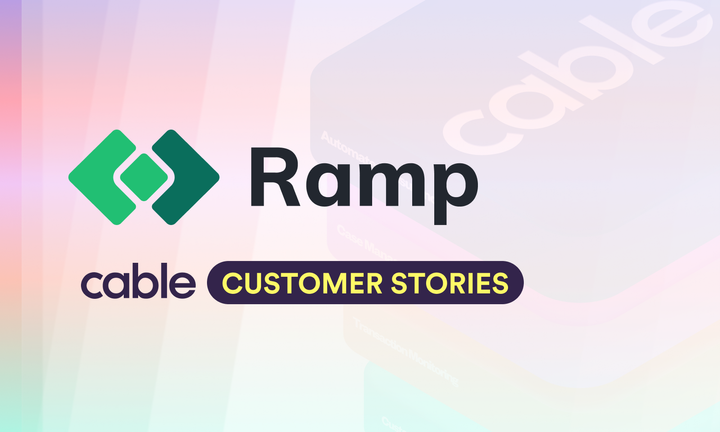Turning Values into an Operating System

The concept behind company values is great, but so often they are hard to implement. How many employees can recite their company values? How do you make sure they are actually used to make decisions? And how do you align or combine the values and the culture you are trying to build?
At Cable we wanted to make sure that we created a way of working that reflected who we try to be, how we want to work, and the things that we believe will make us better at our jobs. We call this our Operating System.
We have 5 principles, and each principle comes with a why, a how, an is not, and some ways we want to help people achieve the principle as we grow. We believe that by giving people more information about the reasons for doing certain things, and importantly what doing those things does not mean, it will help people weave the behaviours into their day to day working life.
Below is our Operating System in detail, and we’d love any feedback or thoughts on this — it’s definitely a work in progress and will change over time. In particular, we’d be keen to hear any ideas for ways we can help people achieve these principles in the future!
Be Kind
Why we are kind
- Being kind makes people feel included, and by including all types of people we will build better products and have a greater chance of achieving our mission
- Being kind creates an environment in which people want to stay, enabling us to build the best team over the long term
How we are kind
- We are generous, helpful and think about other people’s feelings
- We embrace all cultures, lifestyles and languages, and make people feel included
- We assume good intent from others
- If we disagree with an opinion or approach, but it is not our decision to make, we disagree and commit, never saying “I told you so”
Being kind is not
- Avoiding having tough conversations
- Avoiding challenging assumptions, opinions or decisions
Ways we want to help people be kind
- Team personality workshops
- Hold team offsites in different countries and in ways that embrace different cultures, lifestyles and languages
Make Transparent Decisions
Why we make transparent decisions
- Seeing how decisions are made builds trust between people, allowing them to feel safe, do their best work and ultimately succeed at Cable
- Making transparent decisions builds context and helps everyone feel like true owners of the company
How we make transparent decisions
- We make it clear who the decision makers are, and who needs to be consulted
- We default to writing so that others can see our decision making process
- We make it clear what context, principles and assumptions have been made when making decisions
Making transparent decisions is not
- Including everyone in every decision
- Breaching trust or policy. Some decisions can not be shared
Ways we want to help people make transparent decisions
[no ideas yet… any suggestions?]
Communicate Clearly
Why we communicate clearly
- Clear communication saves time and avoids confusion
- Spending the time to communicate clearly means we are spending the time to think clearly, which will help us achieve better outcomes
How we communicate clearly
- We use simple words and as few acronyms as possible, acknowledging that English isn’t everyone’s first language and people’s communication styles are different
- We default to communicating through writing
- When writing, we use as few words as possible, whilst including all the context that is required to understand and challenge decisions
- We take the time to make sure our communication is clear, and don’t rush ourselves or others
Communicating clearly is not
- Defaulting to meetings
- Being so brief that key context is missing
Ways we want to help people communicate clearly
- Regular Cable blog posts written by different people
Remain Curious
Why we remain curious
- We have a big, bold mission, and to achieve it we must remain curious about the problem, and all the possible solutions
- Individuals and the team become better if each person respects and nurtures their curiosity
How we remain curious
- We encourage curiosity and questions, and take the time to satisfy them
- We take an interest in what others are working on, and where appropriate help them achieve better outcomes
- We are comfortable with the ambiguity that comes from not having all the answers right now
- We are interested in understanding why things have always been done in certain ways, and are not afraid to explore new approaches
- We are passionate about our mission, and understand how our individual work contributes to achieving it
Remaining curious is not
- Using curiosity as an excuse to not achieve our own objectives
- Using curiosity as an excuse to disrespect someone else’s experience, context or time
Ways we want to help people remain curious
- Set days to work on your own projects
- Learning budgets
Aim to Improve
Why we aim to improve
- Our mission is long term, and to achieve it we need to always be improving, individually, and as a company
- We will face many challenges, and if we believe we have all the answers today, we will never overcome them
How we aim to improve
- We work sensibly with a focus on the long term. We are careful not to burn ourselves out, and look out for our teammates to ensure they don’t either
- We actively seek out tough problems that stretch us, knowing that with each hard task we get incrementally better
- We admit our mistakes and know that they are expected. We own them immediately and try our hardest not to make the same ones again
- We take responsibility for the quality of our work and are self motivated to seek feedback about how it can be improved
Aiming to improve is not
- Beating ourselves up or admonishing others for having bad days
- Avoiding the small, simple jobs that have to be done
Ways we want to help people improve
- More flexible paid time off
- Clear and structured progression frameworks with regular manager check-ins



